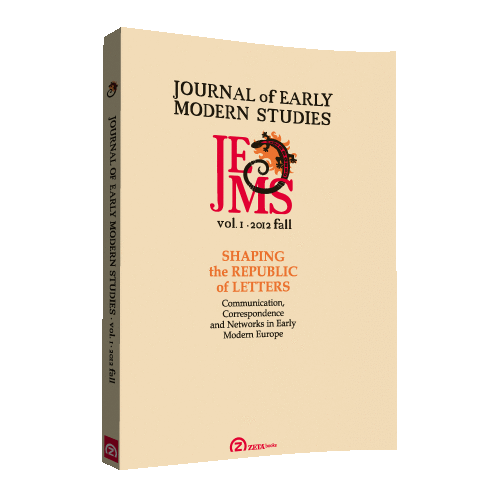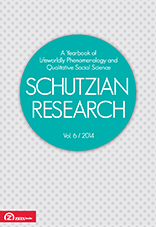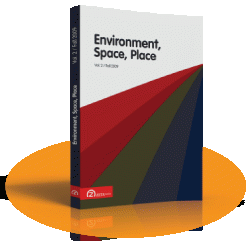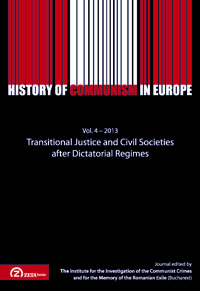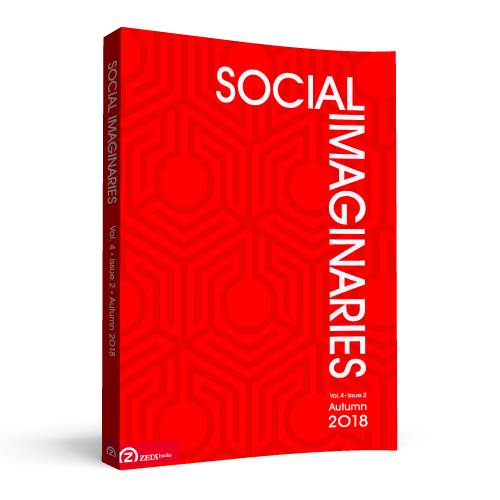Social Imaginaries
Frequency: 2 issues / Country: Romania
Social Imaginaries inquires into complexes of cultural meaning and cultural projects of power. It presupposes an understanding of society as a political institution, which is formed — and forms itself — in historical constellations, on the one hand, and through encounters with other cultures and civilizational worlds, on the other. An emphasis on “imaginaries” points to several interrelated trends: it reveals the modern concern with — and emphasis on — the social imagination as truly creative rather than reproductive; it highlights the phenomenon of collectively instituted meaning and its inter-cultural variations; it provides a corrective to a one-sided focus on ‘reason’ as the central tenet (or promise) of modernity; finally, it underscores the ongoing, albeit incomplete, hermeneutical turn in the human sciences. Social Imaginaries reflects on the human condition in modernity, which, amongst other things, ought to be centrally concerned with theoretical elaborations of and responses to the ecological devastation of the natural world. It pursues intersecting debates on (inter)cultural and historical varieties of meaning, power and socially instituted worlds.
The Journal aims to: Foster challenging and innovative research on modernity and multiple modernities especially with reference to inter-civilizational horizons. • Interrogate varieties of modernity and the formation of political freedom. • Critically engage with political ecology, and theories, philosophies and cultural histories of nature, broadly construed. • Encourage phenomenological and hermeneutical analyses, especially those that address social, historical, political, cultural and ecological dimensions of the world. • Nurture a particular comparative emphasis on civilizational world-views, inter-civilizational encounters and historical trajectories, especially in regard to East Asia and the West. • Publish high quality research that truly reflects an international and multi-regional scope in the field of social and political imaginaries, broadly conceived. To secure the quality of the research we publish, the journal will be peer reviewed. • Publish research by both leading and emerging scholars in social theory and political philosophy, phenomenology and hermeneutics, world history and historical sociology.
Social Imaginaries invites contributions from social theory, historical sociology, political philosophy, political theory, phenomenology, hermeneutics, and, more broadly, cultural studies, anthropology, geography that critically advance our understanding of the human condition in modernity.
More...
